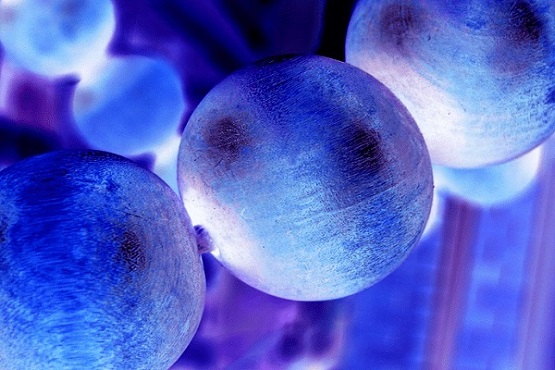A variety of enzymes are used often in the manufacturing processes of an array of different industrial products. Enzymes are proteins that help speed up chemical reactions and prove the amount of yield that is produced. For example, enzymes are used in the production of making a variety of breads, cheese, and even alcohol. In ancient times, bacterium and yeast were already being used to create alcohol and bread. Throughout the years though, scientists have been able to isolate specific enzymes to better understand their chemical functions which have then made them widely used in available in industries such as the textile industry and in the making of biofuels, detergents, and even pharmaceutical products. This has helped increase the production rate of these products which help humans and animals ultimately.

Enzymes are derived from several sources, including animals, plants, and microorganisms. Microbial sources are used most often since they can be grown into huge colonies and are easy to store until they are used in industrial production.
How Are Enzymes Used?
There are many examples of how enzymes are used in manufacturing processes, such as the use of rennin. This enzyme promotes the coagulation of milk in the cheese-making process. Invertase from yeast and lactase is used in the food industry to make beer, bread, and more.
Several biotech consulting firms and manufacturers use the enzymes of cellulase and amylase to remove oils, wax, and even starch coatings on fabrics which in turn improves the overall look and feel of the product that is being created. Amylase and protease are used for baking while lipases can be found in fruit juices since they help break down the cell walls to allow higher production.
Below is more information on how industrial enzymes are used in the manufacturing processes of a variety of different products that most of us use in our everyday lives.
How Are Enzymes Used in Manufacturing Processes?
Enzymes are used in industries in a variety of different ways. For example, calf rennet has been used in the dairy industry for many years. It is an acid aspartate protease that can help stabilize PH levels and temperature in the milk-making process. Also, lactase is used in the development of certain flavors in some cheeses.
Enzymes are used frequently in the detergent industry since regular washing does not always provide the results that people want and need for their clothing. Many times during normal washing some dirt and stains that have protein in them will not completely be removed since they adhere more solidly to the material. When proteolytic enzymes are added to the detergent or stain remover, the stains are more easily removed since the enzymes can break up the protein particles. The enzymes attack the peptides in the protein which facilitates the removal of the stains or dirt. The enzyme most popular in detergents is an alkaline serine protease which is derived from B. licheniformis. Serine protease of B. amyloliquefaciens are also utilized this way with the same results since it contains a-amylase.
The starch industry also uses enzymes since the process of hydrolysis of starch was used to produce glucose and dextrose syrups. The process basically turns starch into dextrose glucoamylase combined with a-amylase. The glucose isomerase is the most important enzyme that is used commercially when converting glucose to fructose through isomerization. When it comes to producing fructose-based syrups, fructose is used. At the end of this process, the combination is about 42 percent fructose, 52 percent glucose, and only six percent dextrins. It is more sweet tasting than glucose and pretty much as sweet as sucrose.
The brewing industry has been using enzymes like yeast for literally thousands of years to make beer, wine, and other alcoholic beverages. The main enzymes used today in the brewing process are a-amylase, b-glucanase and protease since they are required for malt when replacing barley. The main source of these enzymes is B. amyloliquefaciens since a-amylase is not required for liquefaction or brewing.
The wine industry also uses pectic enzymes to improve the quality of the wine. Those enzymes include pectin transeliminase, polymethyl galacturonase, polygalacturonases, pectinesterase, and more. etc. Synthetic molecules, which are essentially artificial enzymes, conduct the same catalysis as the others and are used most often in the chemical industry as well as within other industrial areas whenever very specific catalysts are needed.
The biofuel industry uses cellulase enzymes to change cellulose into sugars, so they can be fermented properly into cellulosic ethanol. The paper industry also uses cellulases, along with ligninases, amylases, and xylanases, to break down starch into a lower viscosity to help in the sizing as well as the coating of the paper during the industrial process.
No matter which industry we are talking about when it comes to the utilization of enzymes in the industrial process, the main thing to consider is the fact that high-quality enzymes should be purchased from a very reliable and trustworthy source, such as American Bio Systems.











